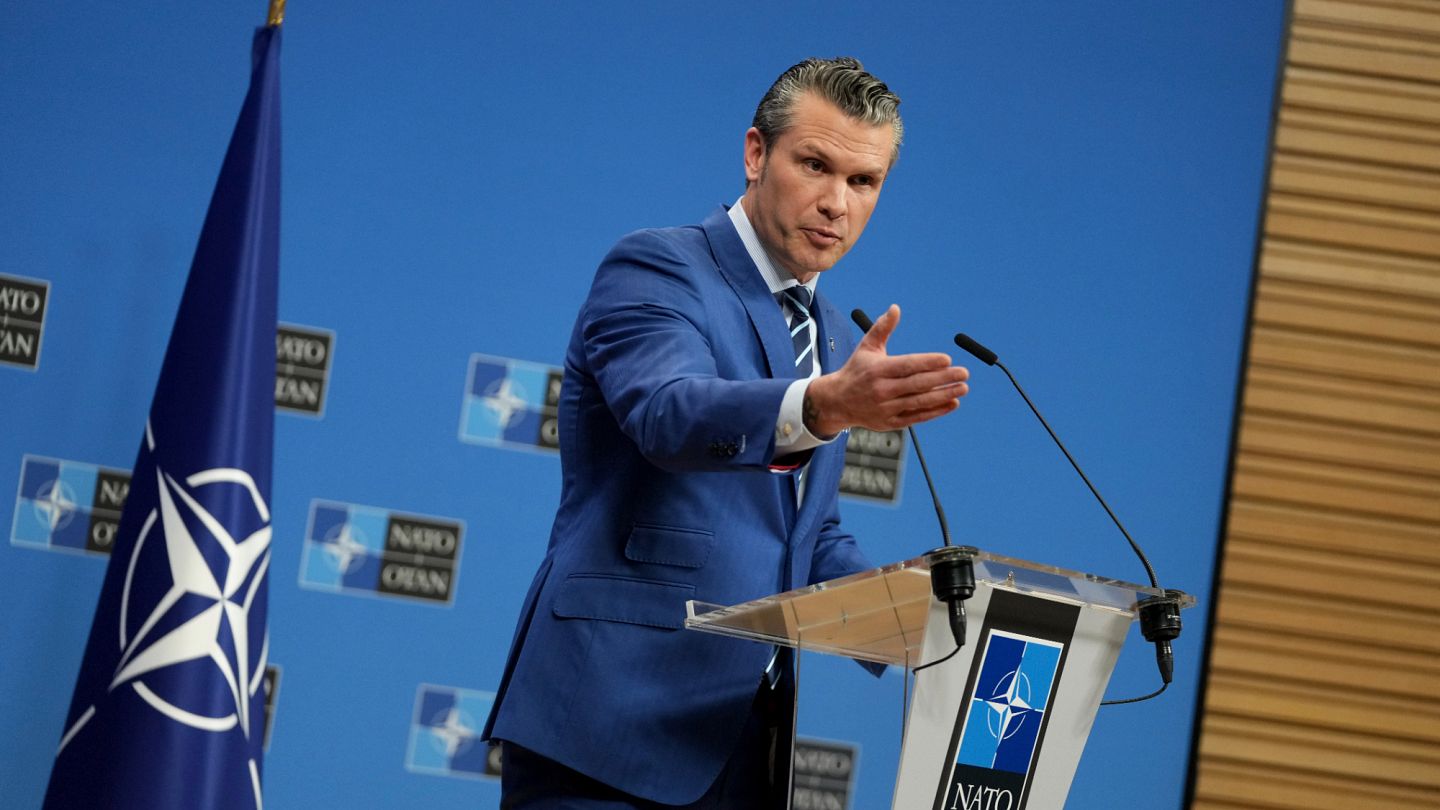The U.S. will not lead the military alliance group under NATO.
England and Germany stepped in as the leaders of the Ramstein group, but it had not been clarified until now whether this was a temporary measure.
Dutch Defense Minister Ruben Brekelmans stated in an interview with Euronews that the United States would no longer lead the Ukraine Defense Contact Group (UDCG), which consists of key allies of Ukraine, and that this role would now be taken over by Europeans. Minister Brekelmans said, "The presidency has been taken over by Germany and England." He added, "I think it's a good thing that we have taken over this role and are meeting regularly. The United States is still participating." He continued, "I believe it's very important for all of us to decide to continue the UDCG, which consists of more than 50 countries, to support Ukraine."
The UDCG, also known as the Ramstein Group, is an alliance comprising 57 countries (all 32 NATO member countries and 25 other nations) and the European Union. This alliance has been providing military equipment to Ukraine since the full-scale invasion. This role, which was once solely undertaken by former Defense Secretary Lloyd Austin, has never been led by his successor Pete Hegseth. Since then, England and Germany have stepped in, but it has not been clarified whether this is a temporary measure. Western sources initially stated that the joint presidency of England and Germany was a temporary measure until the Trump administration and the new team fully recognized the file. However, the U.S. Secretary of Defense participated in today’s meeting online. This move came amid a series of other signals from the Trump administration indicating that the U.S. role in NATO was diminishing. Western allies are also preparing for the possibility of thousands of troops being withdrawn from Europe. Currently, there are 100,000 U.S. troops predominantly stationed in Central Europe. Brekelmans expressed hope that if such an announcement were to be made, the U.S. would do so as part of a negotiated process and keep its allies informed of the plans. "If the U.S. decides over time to shift some of its resources to its own region—for homeland defense—or to the Indo-Pacific region or elsewhere, I think the most important thing is that we do this together," he said. "We need a joint plan where they can shift some resources and we, as European countries, can gradually take over." "However, we need to keep the United States on board. They will continue to be indispensable for our security. Keeping NATO strong is also in the interest of the U.S., and they always express this." The U.S. NATO delegation was contacted for comment.


